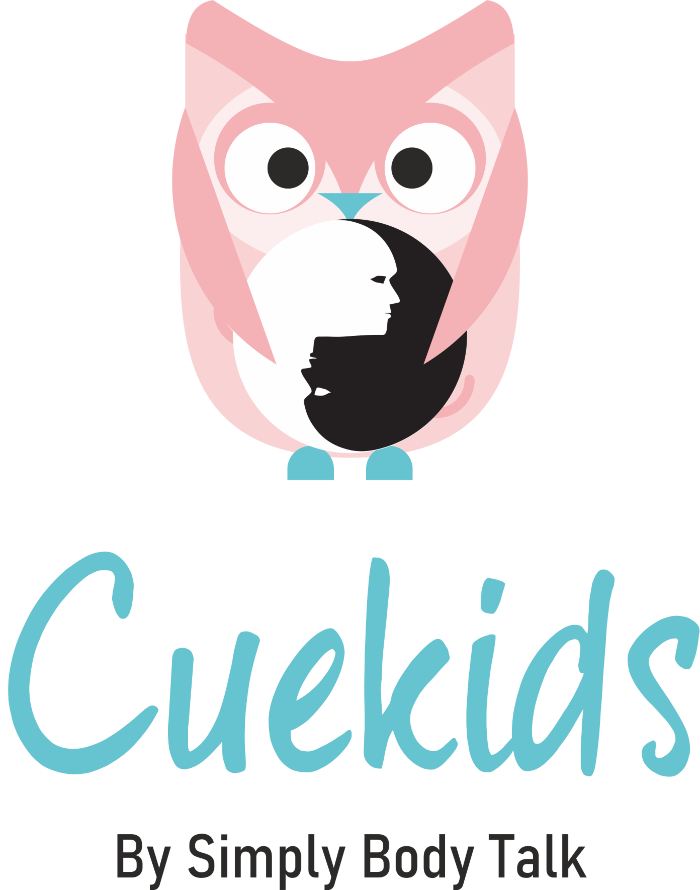Children are up-skilled academically from an early age. They are taught how to read, write, and excel in school. As much as academic intellect is vital, so are emotional skills. All emotional skills interact with one another to make you a better person. One of the most important emotional skills a child can learn is empathy. Empathy refers to connecting with others on an emotional level. It is one of the most imperative skills to have a hand on, especially in the contemporary world.
Read: Importance of Emotional Intelligence in Day-to-Day Life
Some benefits of possessing Empathy are listed below:
- It is a valuable life skill. Understanding how your actions can impact others goes a long way toward regulating your behavior. It provides a deeper understanding of why someone feels a certain way at a particular time.
- It helps form healthy relationships with family members, peers, educators, and everyone around. It helps build strong communication skills as well.
- Understanding others’ emotions minimizes irritability on your part and promotes good mental health.
- Empathy makes it easier to be accepting of others. They are more tolerant of others.
- It gives a sense of security to your child and builds self-esteem.
- It can prevent acts of bullying and helps them make new friends, therefore, promoting social harmony.
- It stimulates the helping behavior in your child and helps them evolve into a better person.
The ability to tune into one’s emotions and those of others around us is a vital indicator of emotional intelligence. We are social beings and live in the presence of others and need others for survival. Having an emotional connection with others promotes a safer and more understanding environment. Imbibing these qualities and abilities in children helps them grow up in a trusting and safe environment and makes them better individuals.

Empathy, in simple words, refers to putting oneself in other shoes. It means connecting with others, at the same time not disconnecting from oneself. It is a versatile quality that can make life simple, but it is not a piece of cake and does take effort to build these abilities.
Here are some ways you can teach your child to be empathetic:
Make it a priority for them:
Along with academics, tell your child to be better in emotional skills. Set high expectations and demand caring for others. By putting such compulsions on a child, you are preparing them for a better future for themselves. Remind them to be kind to others along with themselves.
Model empathy:
Children learn by observing and trying to enact this observed behavior. Empathizing with your child is the first step. Empathize with others different than you, those who work for you, and those around you. Children notice your behavior with others. For example, with a waiter or a courier guy and learn from that.
Real-world exposure:
Provide your child opportunities to practice empathy. Whether in a family, with peers, or in other external situations like grocery stores and restaurants. Be a guiding figure in the process. It is essential to be patient throughout the process. Your child may be born with empathy but requires constant guidance and nurturance to understand others’ feelings.
Know more about out Emotional Intelligence Course for Kids






[…] are not the only precursors of success, but a successful personality demands emotional skills. Empathy develops over time. It is an antecedent for a variety of prosocial […]